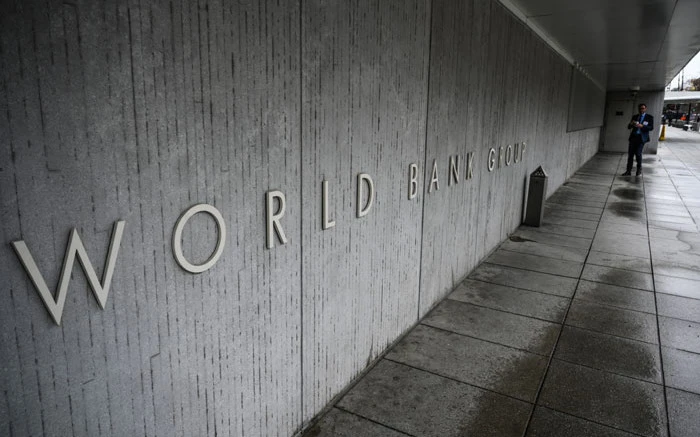The World Bank Group (WBG) pledges to invest $7 billion annually in Brazil’s development until the year 2028.
This funding includes $2 billion from the International Bank for Reconstruction and Development (IBRD) and $5 billion from the International Finance Corporation (IFC).
The Multilateral Investment Guarantee Agency (MIGA) also supports this initiative.
Developed in partnership with the Brazilian government, this plan promotes inclusive growth and addresses climate change.
It aligns with Brazil’s Multi-Year Plan (PPA) for 2024-2027 and its Ecological Transformation Plan (PTE).
The strategy aims to enhance the business environment and boost local companies globally.

Johannes Zutt, World Bank’s director for Brazil, emphasizes the strategy’s goals to foster a productive, inclusive, and sustainable economy.
The plan focuses on increasing productivity, employment, and integrating marginalized communities while building resilience to environmental impacts.
Supported by Brazil’s Ministry of Finance and Ministry of Planning and Budget, the strategy involved consultations with various stakeholders.
World Bank Commits $7 Billion Annually to Brazil
These included governmental bodies, private and academic sectors, civil society, and indigenous and Afro-Brazilian groups.
Manuel Reyes-Retana, IFC’s regional director, underscores the importance of private investment in achieving a productivity-led growth model.
The strategy seeks to expand sustainable financing and develop capital markets for climate resilience investments.
The plan supports inclusion efforts to enhance access to quality education, healthcare, water, sanitation, and digital services.
It also focuses on empowering women-led businesses, particularly in Brazil’s less affluent regions.
A central aspect of the strategy is sustainability investment, aiming to position Brazil as a leader in climate response.
The plan supports clean energy expansion, aids rural producers in adapting to climate changes, and promotes sustainable food production.
Efforts also include reducing carbon emissions, preventing illegal deforestation, and advancing resource management.
Promoting green and blue bonds and developing sustainability taxonomies are part of these initiatives.

